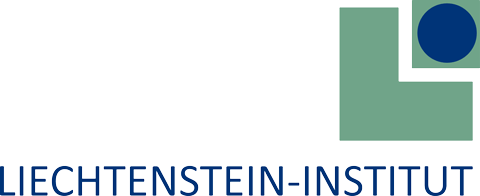Frommelt, Christian (2011): Europäisierung der liechtensteinischen Rechtsordnung. Bendern (Arbeitspapiere Liechtenstein-Institut, 28).
Abstract
The concept of Europeanization provides a tool for assessing the domestic effects as a result of European integration. This paper elaborates the scope of legal Europeanization with regard to Liechtenstein by analyzing all the legal acts published between 2001 and 2009, as well as all the binding legal acts at one point in time. Before doing so, we define the various modes of the EU as a lawmaker in the national legal order and suggest a set of hypotheses addressing the conditions under which the level of Europeanization varies between different states. In Liechtenstein, a total of 41 percent of all legal acts published between 2001 and 2009 are EU-related, while the proportion of EU-related rulings peaks in 2007 and 2008. Furthermore, we differentiate between types of legal acts, areas of policy and staffing costs, showing that Europeanization is extraordinarily high for laws, the free movement of capital, and laws with staffing implications. The analysis of all the binding legal acts at one point in time confirms these results. Here, we contrast the level of Europeanization of Liechtenstein with some EU states and explain the high proportion of EU-related rules in Liechtenstein as a consequence of the legal tradition of Liechtenstein, and especially of its small number of rules.
Keywords: European Economic Area (EEA); EU law; europeanization; external governance; small state








